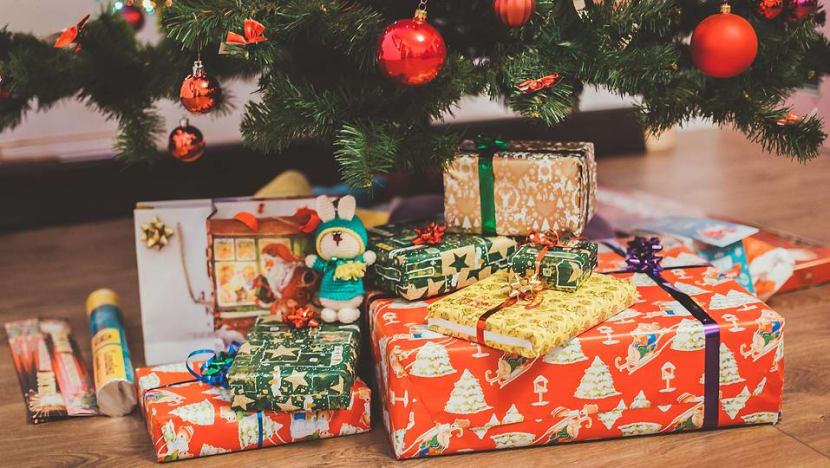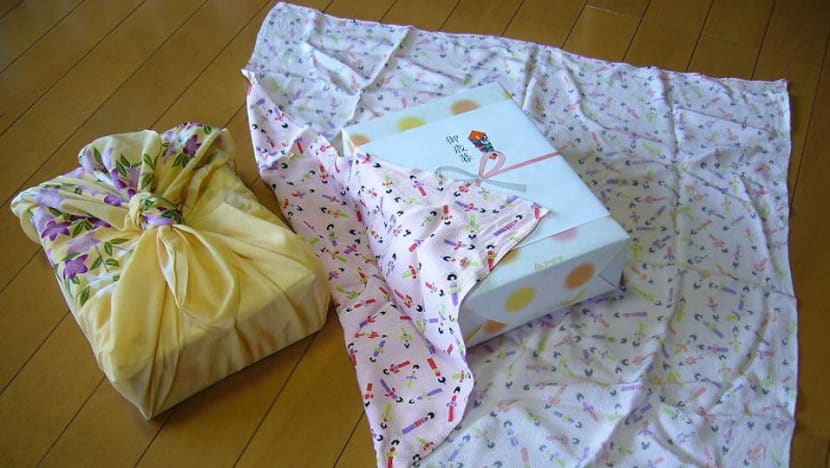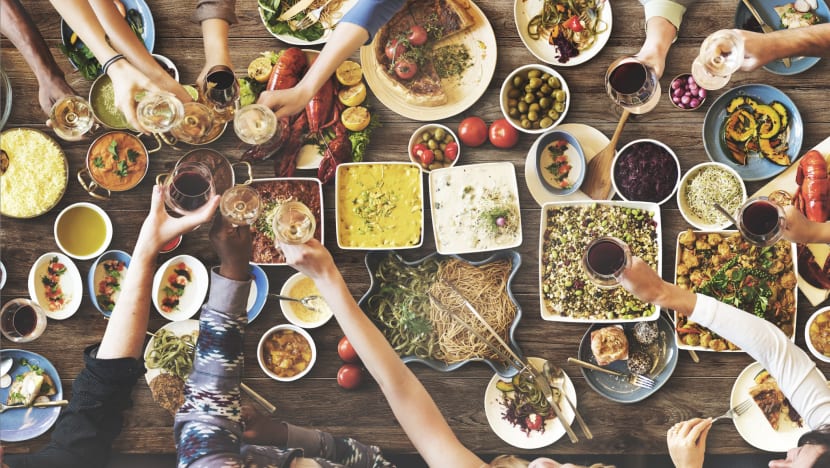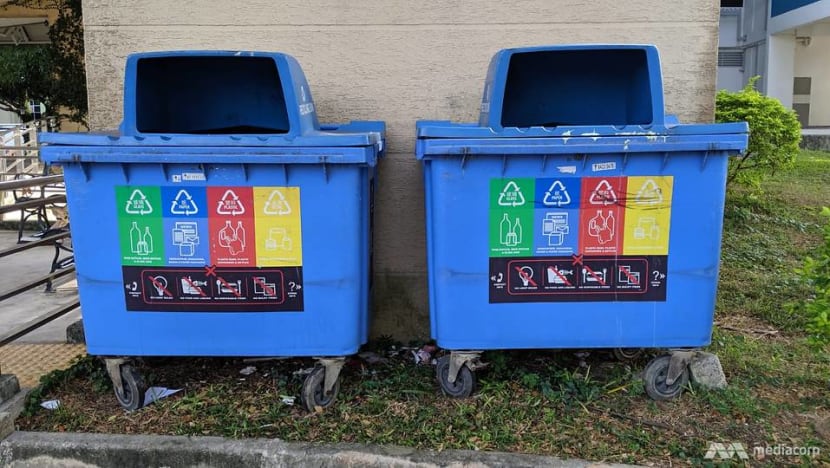Smart gifting and sensible feasting: Tips for an eco-friendly Christmas and New Year

(Photo: Unsplash/Eugene Zhyvchik)
SINGAPORE: As the year draws to a close and the traditional season of gifting and feasting approaches, it can be easy to overindulge, buying too much food which may go to waste and extravagant presents that people might not really need or want.
However, experts say it is possible to adopt eco-friendly ways to celebrate.
When it comes to Christmas gifts, a common problem occurs when the receiver does not like or need what is given.
One way to avoid this is to find out what the recipient wants, and to consider gifting experiences like a trip to the zoo instead, said Zero Waste SG executive director Pek Hai Lin.
Some examples of experiences to gift are a day at a museum, a meal out, annual passes to a theme park or attraction or an art-jamming session, said environmental advocate Melissa Lam, who runs local lifestyle store Bamboo Straw Girl.

Another option is to give a gift voucher or store credit to a shop that you enjoy supporting - such as a small local store - so that your friend will have a choice.
If you choose to go with traditional physical gifts, consider repurposing items you have around the house for wrapping, or minimise wrapping material and buy items with less packaging, said Ms Pek.
Alternatively, you could wrap the gifts in scarves - a Japanese practice known as Furoshiki.

When buying physical gifts, avoid over-consumption or buying excessively, said Ms Stefanie Beitien, head of market transformation at World Wide Fund for Nature Singapore.
"When we do make a purchase, we can ensure that we are supporting businesses and brands that put in the effort to source and produce sustainably," said Ms Beitien.
One can consider supporting brands that champion sustainability in their businesses, such as responsibly sourced seafood in hotels and restaurants.
Look out for products with sustainability labels, to pick products made with sustainable palm oil, pulp and paper, which can extend to toiletries, make-up, or even wrapping paper.

Not all gifts have to be bought from a store. Ms Pek suggested holding a swap activity where participants can choose like-new items from a pool, or do an exchange.
"One man's trash is another man's treasure. There might be brand new items at home which we do not use and another would appreciate to have!" she said.
If holding a Secret Santa event, it is helpful to get participants to state items they prefer to receive, added Ms Lam.
"Something I've been surprised to see happen more often nowadays is the practice of adding in the receipt in the gift box so that the recipient has the option to swap it for something they prefer or to change the size (for shoes or clothes)," she said.
"While revealing the price of the gift is generally sensitive, this means that the original item won't be languishing in storage unused or occupying space at the back of the recipient's mind because they have to re-gift it!"
FEASTING OR FOOD WASTING?
The end of the year often comes with feasting - whether it's Christmas turkey and legs of lamb or countdown spreads.
Food production is one of the biggest human-caused threats to biodiversity and our planet, said Ms Beitien from WWF Singapore.
"In spite of how much resources go into producing food, a third of food goes wasted every day," Ms Beitien said.

A little planning can help prevent excess food preparation, and a little creativity can repurpose leftovers from parties, said Ms Pek.
Going green when it comes to food can begin from grocery shopping - bring your own reusable bags to wet markets or supermarkets, and avoid buying snacks or drinks in individual packaging.
If you're buying takeaway, consider self-collection to reduce packaging or bring your own containers, said Ms Pek.
During the party, even if you cannot avoid using any disposable utensils at all, simple steps like not using disposable cutlery or cups can go a long way in reducing waste, she added.
If coordinating an office or home potluck, coordinate the types of food and amounts to avoid food waste, and have containers on hand for leftovers, said Ms Lam.
Should you cater food for celebrations, choose edibles that can be kept for a few days, such as roasted meats and potatoes, said Ms Beitien.
CONSIDER VEGETARIAN FESTIVE DISHES
If you are game, introduce your friends to some popular vegetarian restaurants, as food systems account for 29 per cent of global carbon emissions, said Ms Beitien.
Substituting red meat with plant-based meats can reduce the environmental impact of the food on our plates.
Order or buy food in moderation, and collaborate with vendors to manage food waste. If it ends up in leftovers anyway, you could redistribute it by working with food rescue partners like Treedots, Treatsure and SG Food Rescue.

After your parties, remember to recycle right. Materials like paper, plastic and aluminium are valuable in end-use markets, said Ms Beitien.
She said the COVID-19 pandemic has "placed a spotlight on the connection between the destruction of nature and the spread of zoonotic diseases".
"While this holiday season will be very different for most people, it is a chance to rethink our relationship with nature and the choices we need to make to ensure a resilient future," he said.
Ms Lam quipped that perhaps the most eco-friendly thing we are doing this year is not flying to another country for the year end.
"Changing what we eat or buy during the festive season is a starting point but in the longer term we cannot miss the opportunity to create systemic changes in terms of the business or brands we support, the diets we choose or our overall lifestyle choices."














